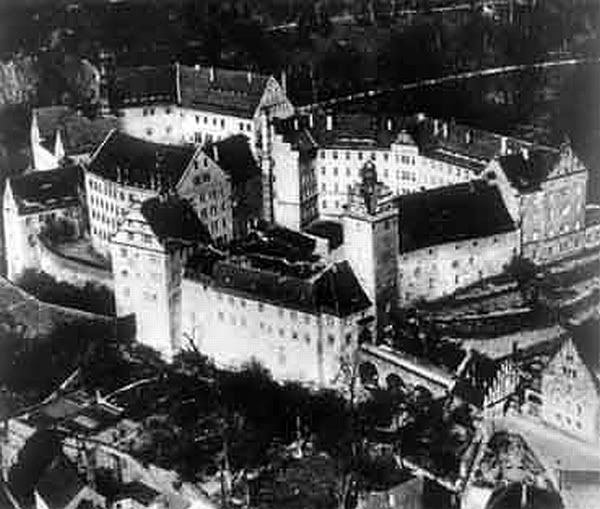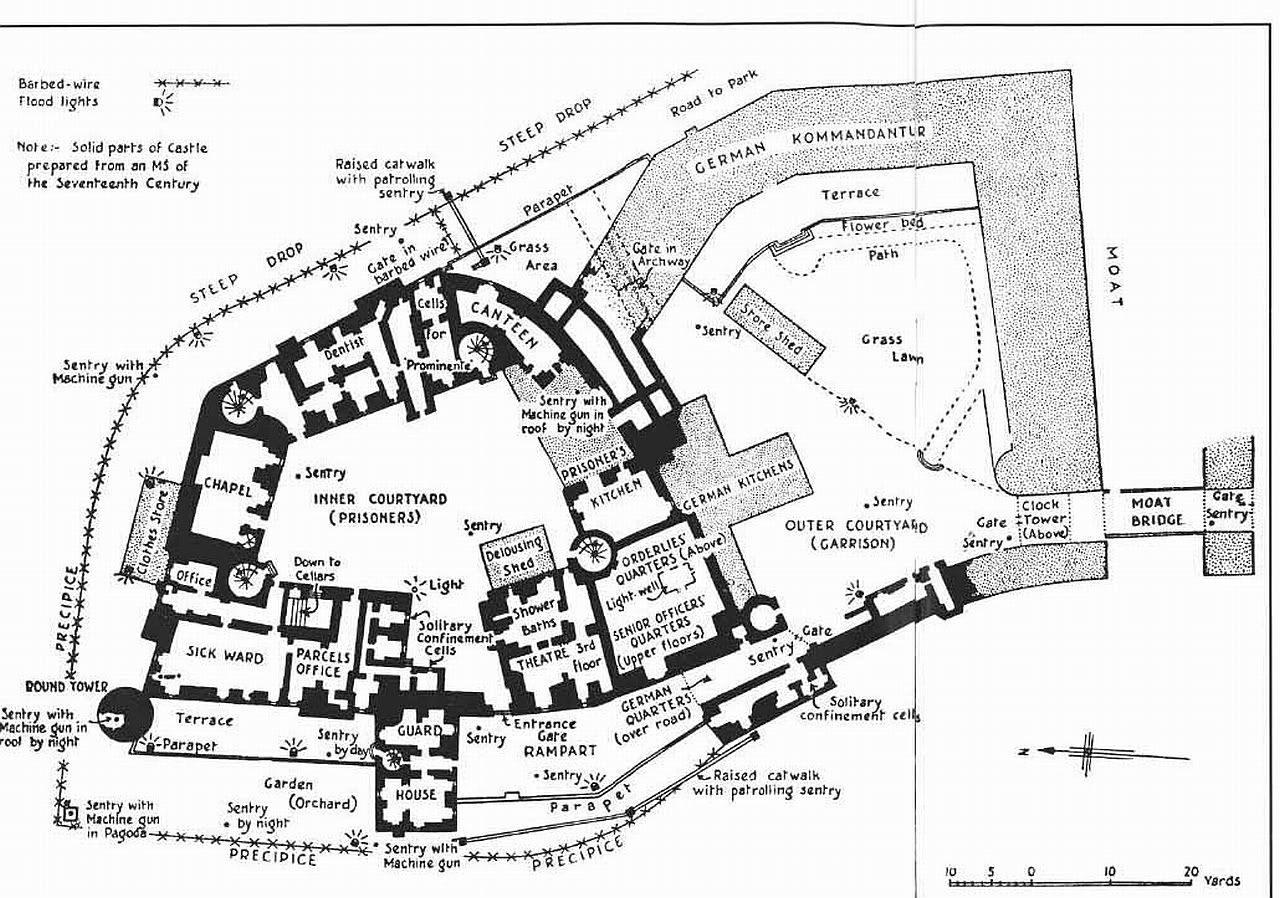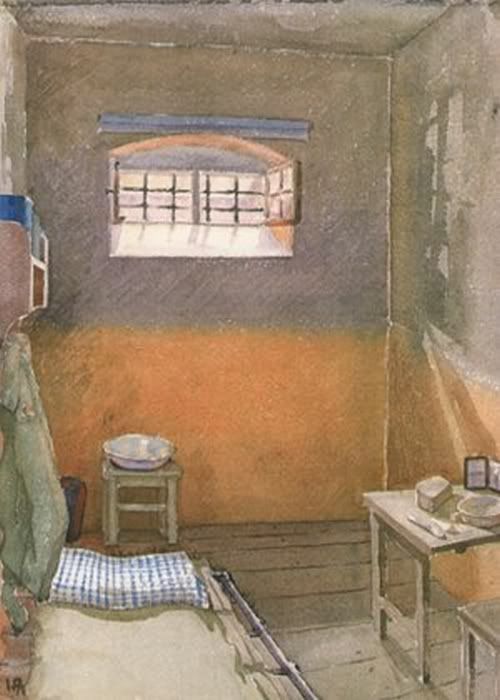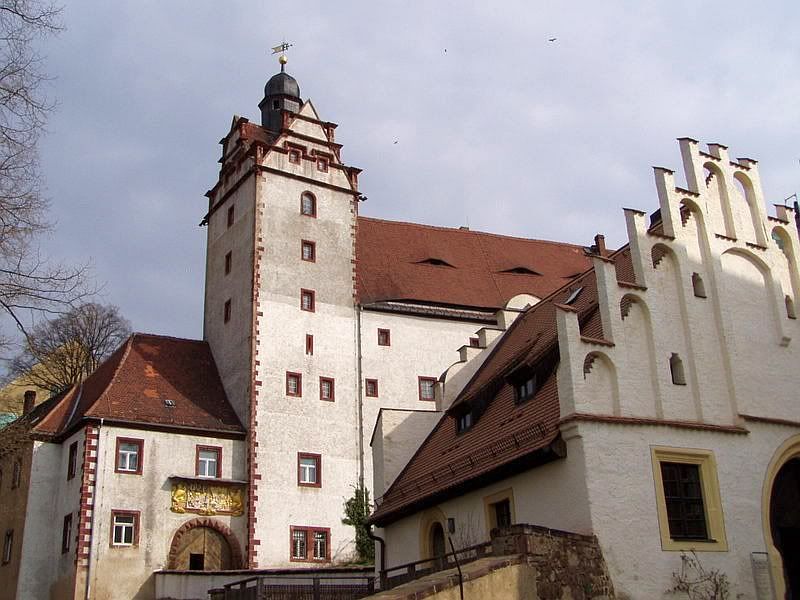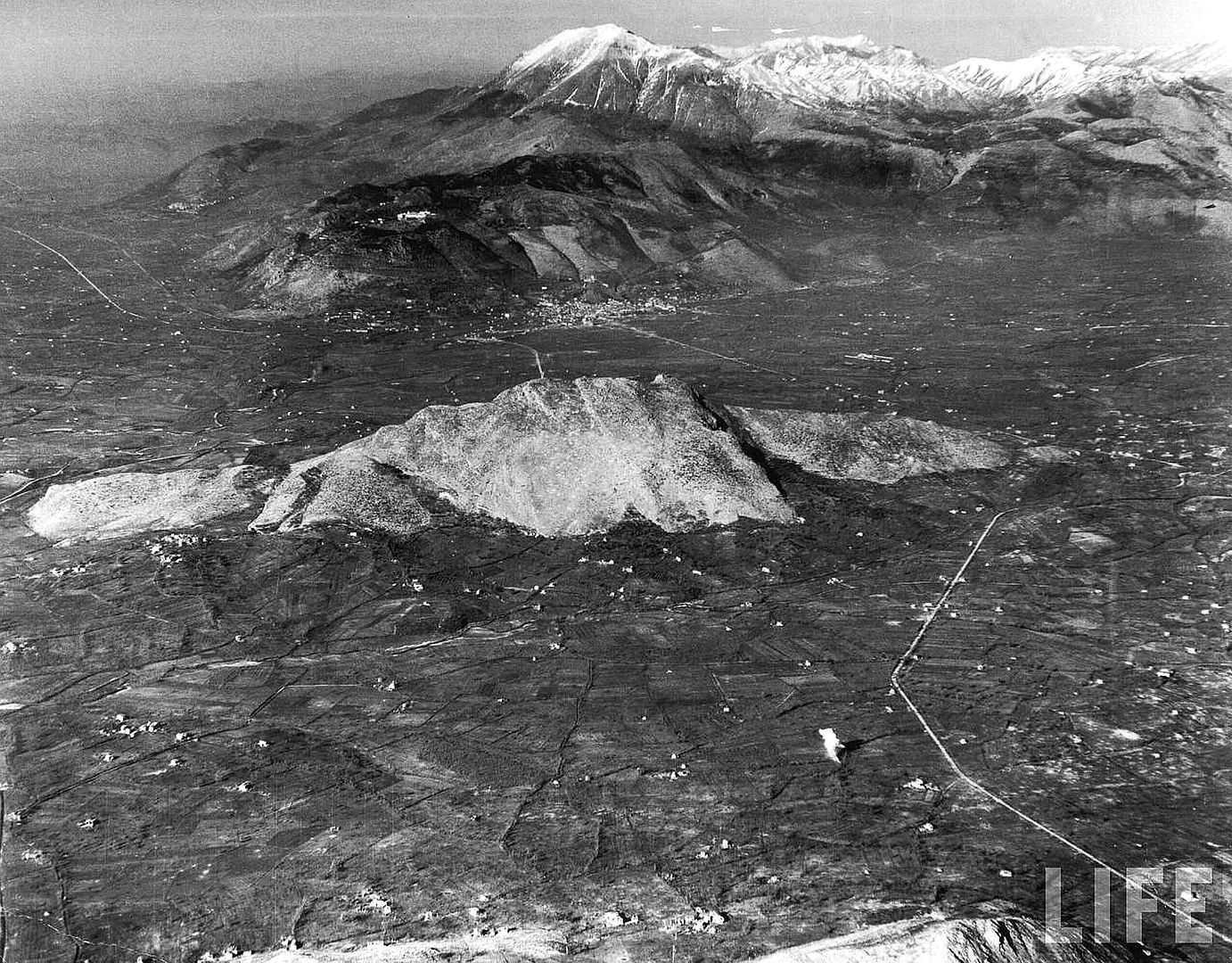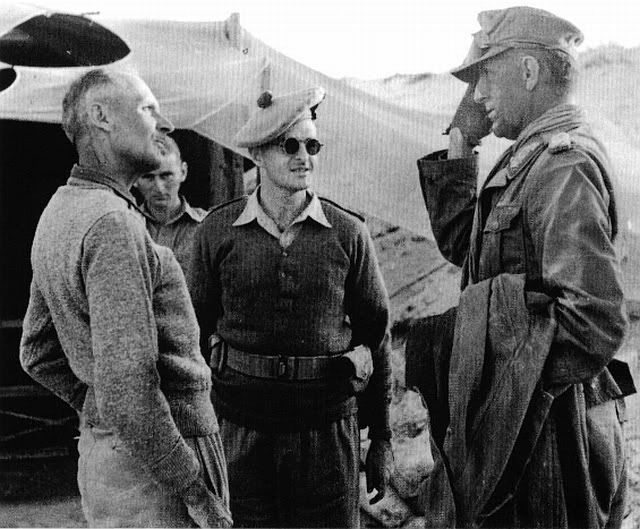POS says- I was born a few years after the end of WW2 and missed all the fun..

My mother had a ringside seat though, she was 18 when the Luftwaffe paid a night visit to her home city of Leicester in the English midlands in Nov 1940 and killed 120 people.
She was asleep when the air raid sirens went off and after her mother shook her awake the family made their way to the local air raid shelter as the bombers droned overhead in the night sky.
"Were you scared?" I asked her.
"I don't think so" she replied,"the breadbaskets looked quite pretty floating slowly down in the night sky".
'Breadbaskets' was slang for target marker flares.
She and her family survived the war and she died aged 76.
That raid was the biggest ever mounted against Leicester and became known as 'the Leicester Blitz', the Luftwaffe continued making small pinprick raids against the city throughout the war, here's a captured 1942 Luftwaffe map of Leicester, they marked targets like engineering factories in purple and the railyards in red, but of course many bombs always fell wide into housing areas..
I've added a green circle round my mothers house, it survived the war too; the nearest bombs fell about half a mile away.
PS- the word 'Ratae' under 'Leicester' refers to its old name when it was a Roman garrison town (short for 'Ratae Coritanorum' which translates as 'Rath of the Coritanii'. The town belonged to the Iron Age Coritanian Tribe before the Romans took it off them, the tribe lived in a big circular defensive earthwork called a 'Rath' but it couldn't keep out the Romans.
Later when the Roman empire went up the spout the Anglo-Saxons changed the name to Leicester which basically means 'Lear's City' because King Lear was reputedly once a big shot there)
Incidentally later in the war the American 82nd Airborne were stationed on Victoria Park for a while before D-Day. And there was an Italian POW camp near Evington .-
